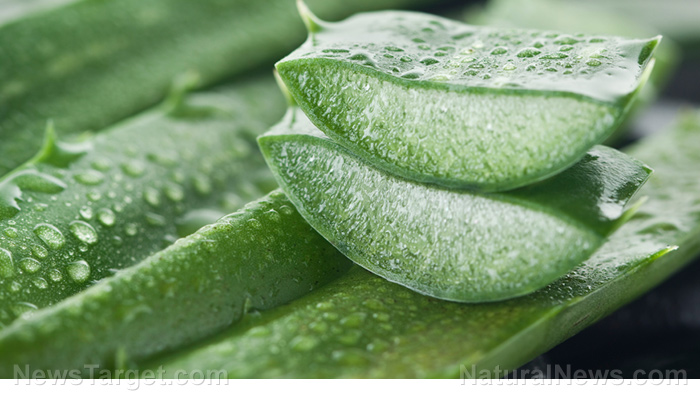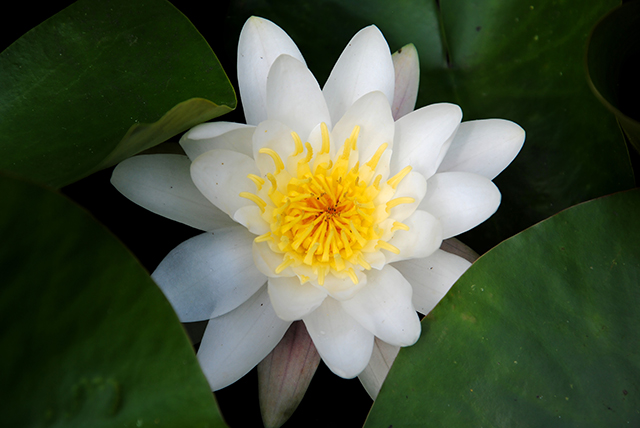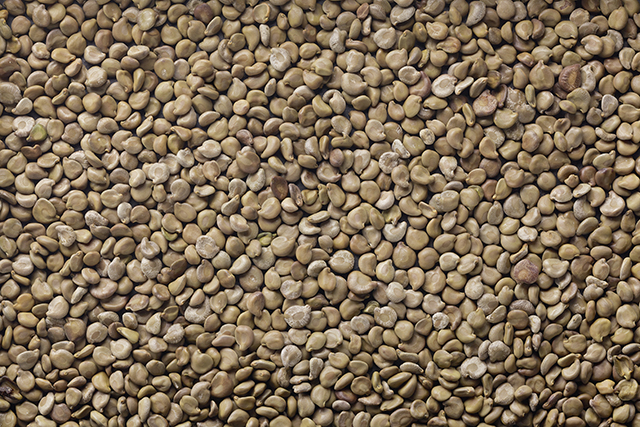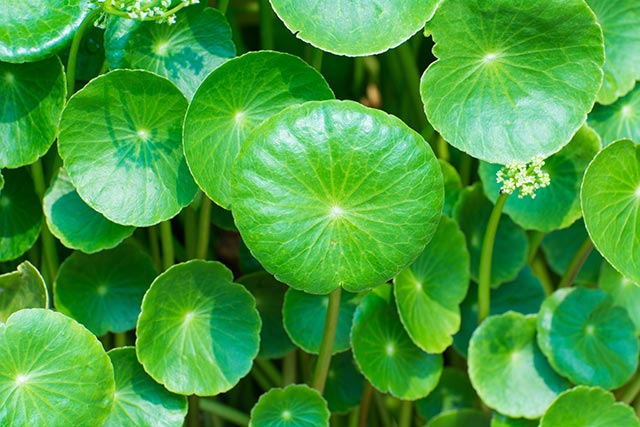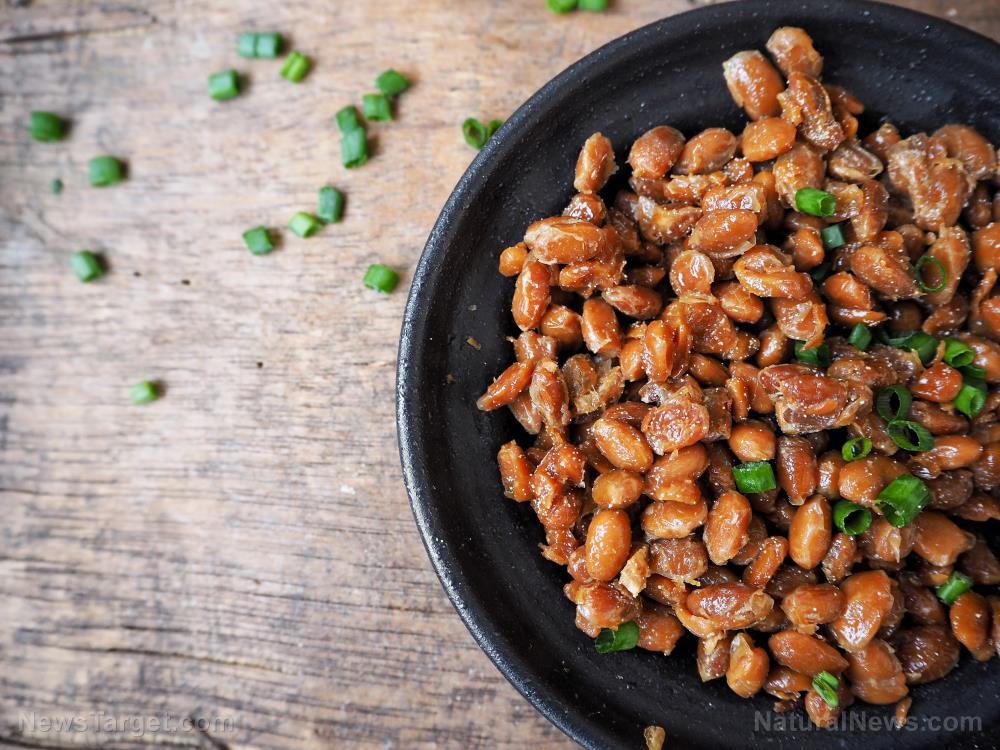The power of herbal medicine for treating liver cancer
11/21/2018 / By Ellaine Castillo

According to the Centers for Disease Control and Prevention, more than 33,000 Americans develop liver cancer every year and from these, approximately 26,000 people die from the disease. One of the main reasons for the high mortality rates of liver cancer is the limited treatments available for the disease, which include chemotherapy and surgical removal of affected areas. Moreover, these treatments also cause various complications and side effects that are potentially fatal. Recently, more and more studies are looking at the potential use of natural products for cancer therapeutics. A study conducted by researchers from the United Arab Emirates University and the University of Sharjah showed that the herbs fenugreek (Trigonella foenum-graecum), senna (Cassia acutifolia), and Rhazya stricta, which is locally known as harmal, have anticancer properties.
The liver is a very important organ. It is responsible for many metabolic processes, including breaking down substances, extracting energy, and removing toxins in the bloodstream. Its involvement in these functions causes the liver to become vulnerable to damage inflicted by harmful substances like free radicals that could lead to cancer. Antioxidants have been associated with anticancer properties since they neutralize reactive molecules to prevent DNA damage, abnormal cell division, and mutagenesis.
Although there are synthetic antioxidants, these have negative effects on a person’s health so natural sources are still preferred because of their safety. Potential sources of antioxidants include fenugreek, senna, and harmal, which are commonly used as traditional medicines in the United Arab Emirates. Locals used fenugreek and senna to remedy flatulence and constipation, respectively. Meanwhile, they used harmal to treat diabetes, sore throat, and inflammatory conditions.
The power of the elements: Discover Colloidal Silver Mouthwash with quality, natural ingredients like Sangre de Drago sap, black walnut hulls, menthol crystals and more. Zero artificial sweeteners, colors or alcohol. Learn more at the Health Ranger Store and help support this news site.
In this study, which was published in BMC Complementary and Alternative Medicine, the researchers looked at the antioxidant and anticancer activities of extracts from these three plants to determine if they have potential use in liver cancer treatment. They evaluated these properties through in vitro experiments. The authors of the study observed potent antioxidant and anticancer activity, which they observed to be dependent on the former. From the three plants, harmal proved to be the most promising since it was able to reduce free radicals and kill cancer cells to a greater degree.
Overall, these results show that fenugreek, senna, and especially harmal have potent antioxidant and anticancer activities. These prove that natural products have great potential as alternatives to harmful conventional treatments. (Related: Chemotherapy WARNING as study finds it actually MULTIPLIES cancer throughout the body, almost always killing the patient.)
Common liver diseases
Pre-existing liver problems can increase the risk of liver cancer. Some of the most common liver diseases include the following:
- Hepatitis — There are many different types of hepatitis. These can either be caused by viral infections or by an unwarranted immune response of the body to the liver.
- Cirrhosis — This condition occurs in people who consume too much alcohol or those who have chronic hepatitis or Wilson’s disease. In people with this condition, healthy liver tissue is replaced by scar tissues. Cirrhosis is associated with most cases of liver cancer.
- Non-alcoholic fatty liver disease — People suffering from diabetes and obesity are likely to have excessive amounts of fat in the liver. These can cause liver damage and inflammation.
- Hemochromatosis — Although iron is needed by the body, too much of it can damage the liver.
For more articles about natural remedies for cancer, visit CancerSolutions.news
Sources include:
Tagged Under: alternative medicine, anticancer, antioxidant, antiproliferative, cancer therapeutics, Cassia acutifolia, fenugreek, harmal, herbal medicine, Herbs, immune system, Liver cancer, liver damage, natural medicine, natural remedies, Rhazya stricta, Senna, traditional medicine, Trigonella foenum-graecum


